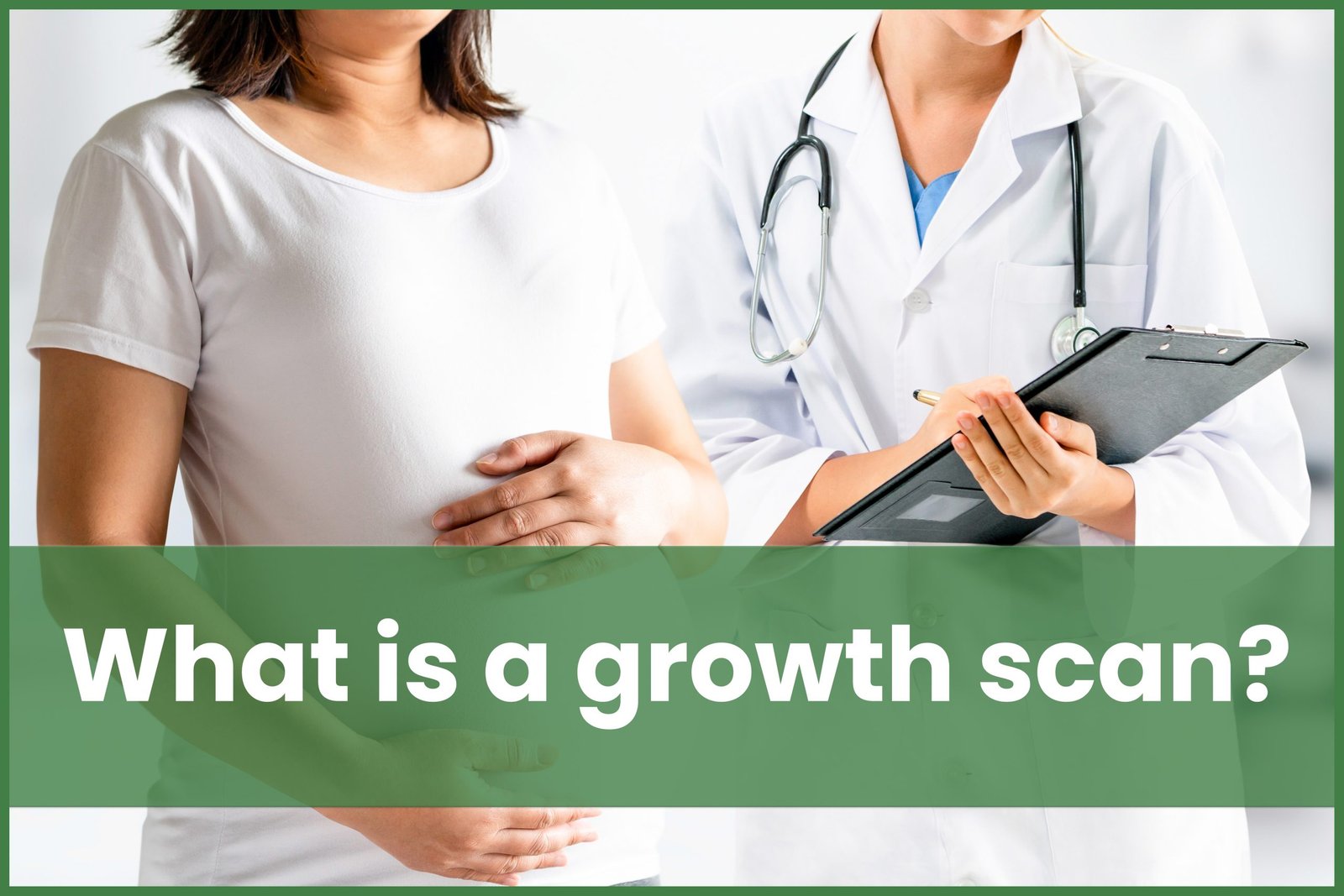Table of Contents
ToggleWhat is a growth scan?
A growth scan is an obstetric ultrasound scan that is done on expectant moms in the third trimester. A growth scan is generally performed to monitor the baby’s growth. Before the third trimester, scans are frequently done as part of standard prenatal care.
Most women have their growth scans during the third trimester. However, it could make you worried and concerned about your baby’s health.
Do I need to worry about the growth scan?
If you have been requested to undergo a growth scan, please don’t be frightened. The scans almost always reveal nothing abnormal, so it’s only being done as a precaution and to know about the growth development of your child.
You don’t have to worry about the growth scan. Even if your results turn abnormal, you can always reach out to your doctor who will help you further with positive treatment.
Why am I being sent for a growth scan?
Your obstetrician may propose a third-trimester growth scan during your prenatal visits if it is believed that your baby is any of the following:
- less than what is typical for gestational age.
- exceedingly large for the gestational age.
- It can be to see if your baby is facing head up or head down.
- There could be an imbalance in the amount of fluid in the body.
- If you suffer from gestational diabetes and run the risk of having large babies.
When should a pregnant woman have a growth scan?
Between 28 and 32 weeks of pregnancy, a growth scan is typically performed to evaluate your baby’s development and the amount of fluid. In the third trimester, it is a common scanning practice to examine the baby’s growth.
Normally, ultrasound scans are fairly accurate when your baby is small in size and the scan results are more accurate in the later weeks of pregnancy.
However, scans can reveal a variation in the dating in the final trimester of up to two or three weeks. It will be more challenging to measure your baby as the time approaches your due date and as he grows bigger. In late pregnancy, your baby’s head may be too low in your pelvis for a measurement.
Even while your baby’s belly can be measured (AC), other aspects, including how long he is, cannot be taken into account. This is one of the reasons why doctors recommend the growth scan during the third trimester.
What happens if a growth scan is missed?
A growth scan is one of the crucial scans during your pregnancy as it reveals the development and major risks in your unborn. Ignoring the growth scan is not always suggested but if the mom doesn’t want to undergo a growth scan then the choice is completely hers and there is no compulsion.
But as prevention is always better than cure, a growth scan helps more, and also the feeling of watching your unborn can be unmatched by anything.
What happens after a growth scan?
The conclusions of your growth scan will be discussed with you by your midwife and doctor. This could entail scheduling more scans or determining that an early delivery through labor induction or scheduled cesarean section is safer for you and your baby.
What if my baby is bigger or smaller than expected?
Small for gestational age (SGA) refers to a baby that is smaller than expected and who may be delivered with low birth weight. Your doctor may suggest a glucose tolerance test (blood sugar test) if your baby is larger than predicted (GTT).
A GTT can be used to identify gestational diabetes and assist you in receiving the care you and your unborn child require.
Also, get clarity on “Pregnancy scans and how to read their reports“
Chennai Women’s Clinic is now Jammi Scans
Reviewed by Dr. Deepthi Jammi - Fetal Medicine Specialist
Dr. Deepthi Jammi (Director, Jammi Scans) is a qualified OB/GYN and Post-Doc in Maternal Fetal Medicine. As a pregnancy ultrasound expert, she is passionate about healthy pregnancies and works towards spreading awareness on the latest diagnostic options available for parents to choose from. Dr.Deepthi has received gold medals and awards in Fetal Medicine at international and national conferences, and has appeared in numerous prestigious regional magazines and TV interviews.






